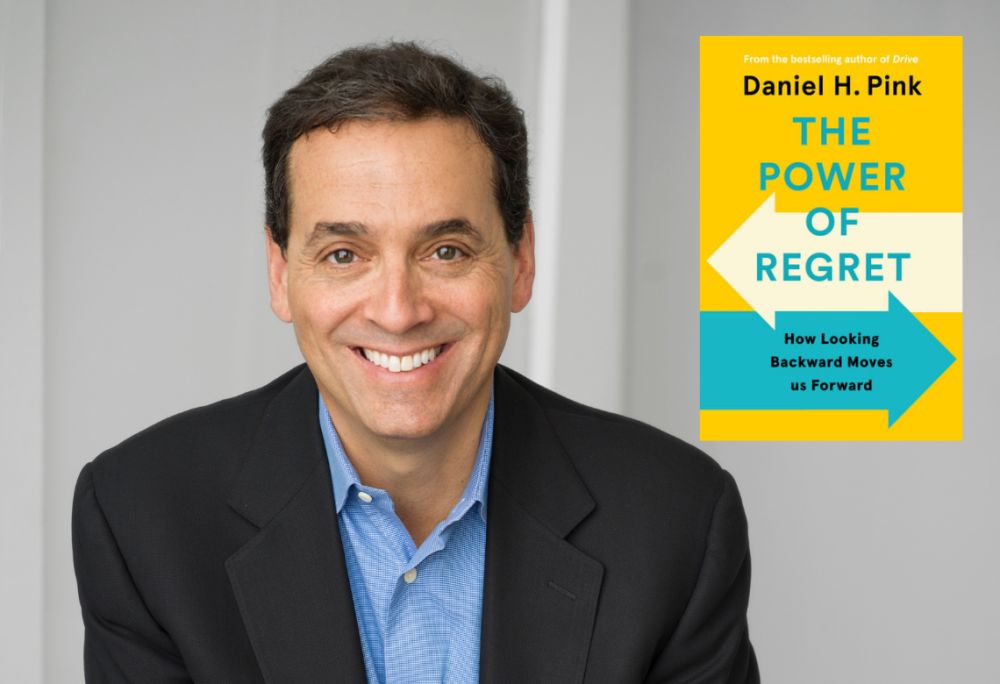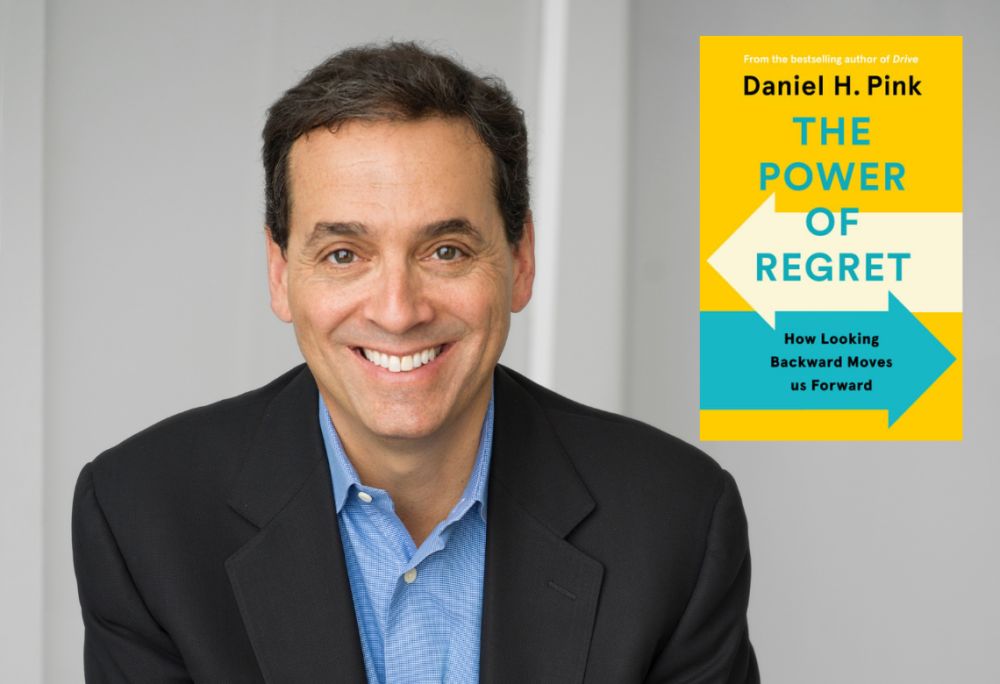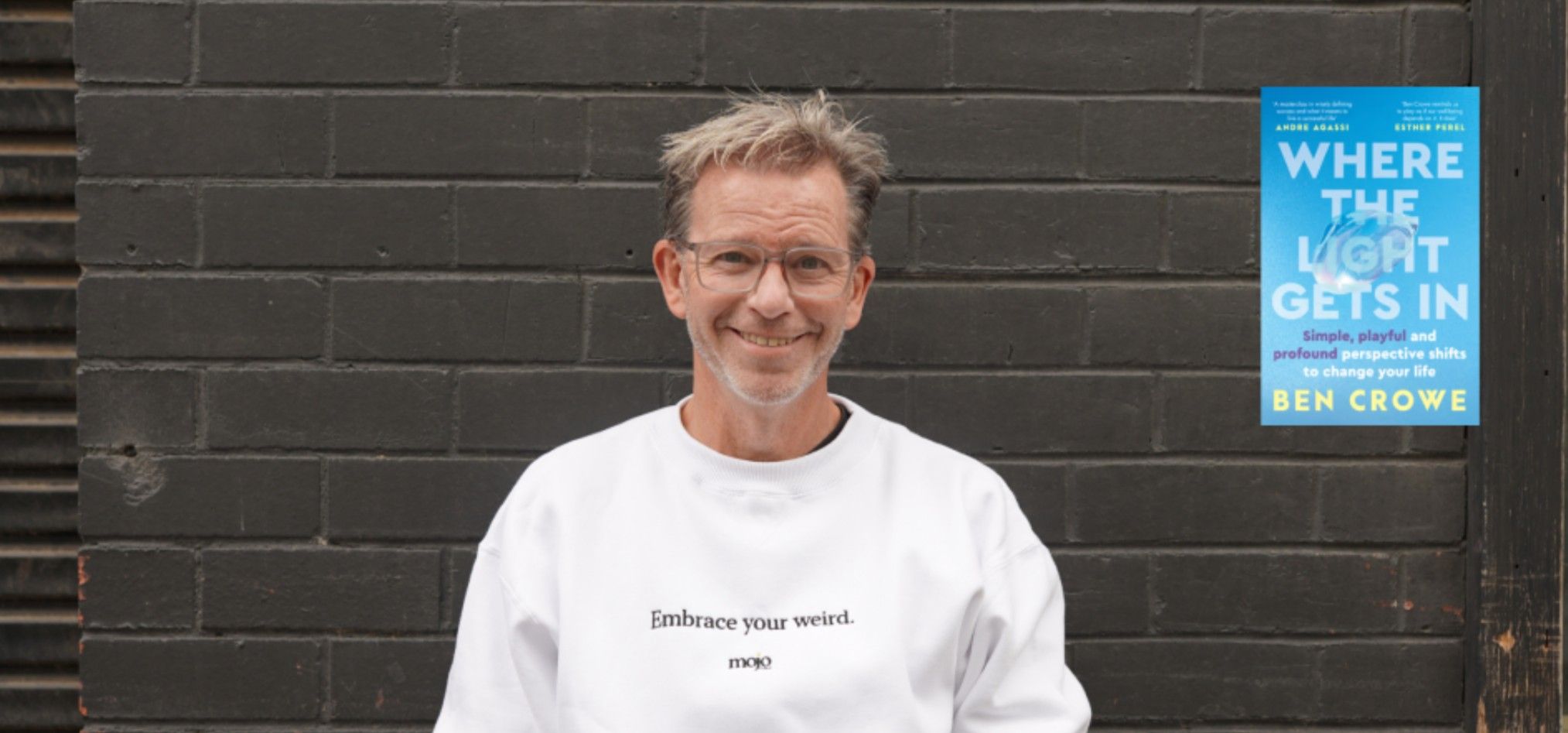The Power of Regret: Interview on Daniel Pink's New Book
The Power of Regret: How Looking Backward Moves Us Forward


Leadership
People
Upcoming Learning
Who's Up Next?We're continually sourcing the world's greatest minds for your business success, so subscribe today for event updates, business ideas, leadership tips and tools for growth.
Related Articles


